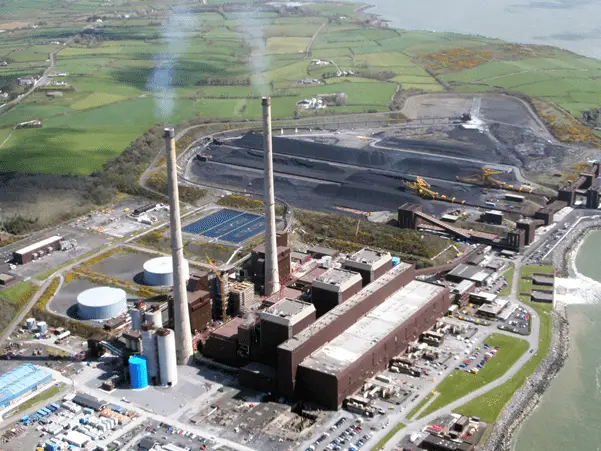Ghana is set to construct a 400KW hybrid waste-to-energy power plant to treat urban solid waste in the country. Professor Kwabena Frimpong-Boateng, Minister of Environment, Science, Technology and Innovation performed the ground-breaking ceremony to pave way for the project to commence.
The power plant will be situated in Atwima Nwabiagya in the Ashanti Region. The project comes at time when the country is searching for a long term solution to the menace of solid waste. Professor Kwabena explained that the sun and other biodegradable materials would be used to create and generate energy and biogas while plastics and other things would go through paralysis to also produce energy.
Also Read: Ghana to construct US $5.7m waste to energy plant
Benefits of the project
The plant will be built and operated within four years as a pilot project, after which 10 or more are expected to be built within the next 10 to 20 years in different regions. Upon completion, it is expected to help close the carbon cycle by developing the value chain of the process with the production and utilization of compost, which would be sold to farmers to boost agriculture and cut down on mineral fertilizer whilst improving the soil structure
“This is an environmental and sanitation project, which would help us clean our environment and generate energy. It will involve various sector Ministries, including the Local Government, Agriculture, Energy and Sanitation. We are also involving all the universities that are engaged in energy production and the research institutions as well, who are expected to help lay the foundation that would help Ghana build its own energy systems in a few years’ time,” said Professor Kwabena.
The project is being funded by the German government at a cost of US $7m. More than 50 job opportunities will be created during the construction period. The project will also enhance human resource capacity building, high level of research and development.
